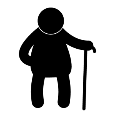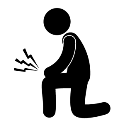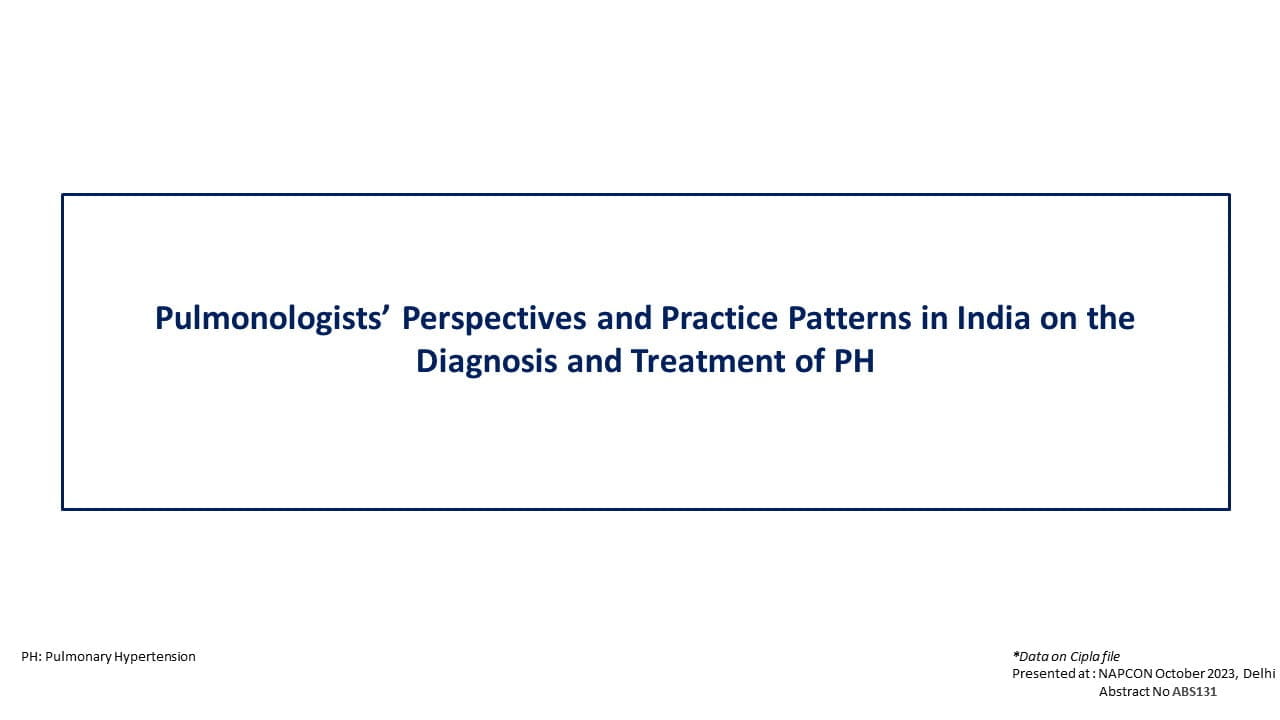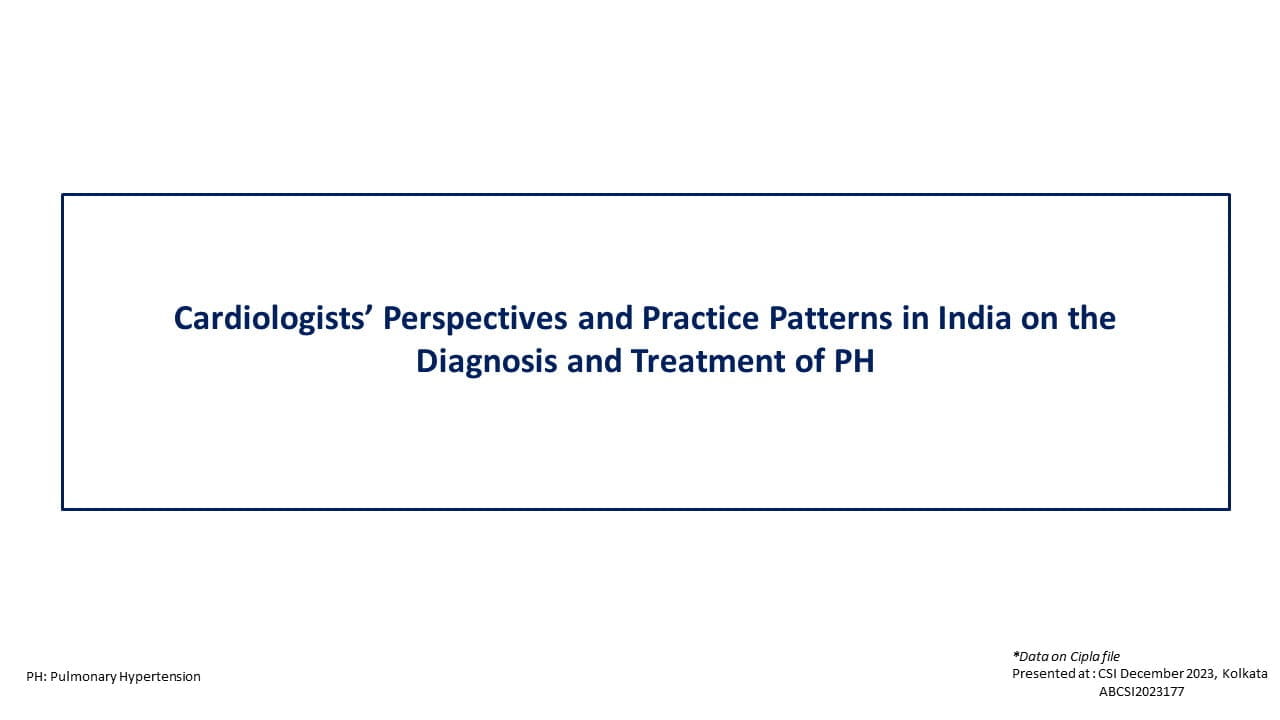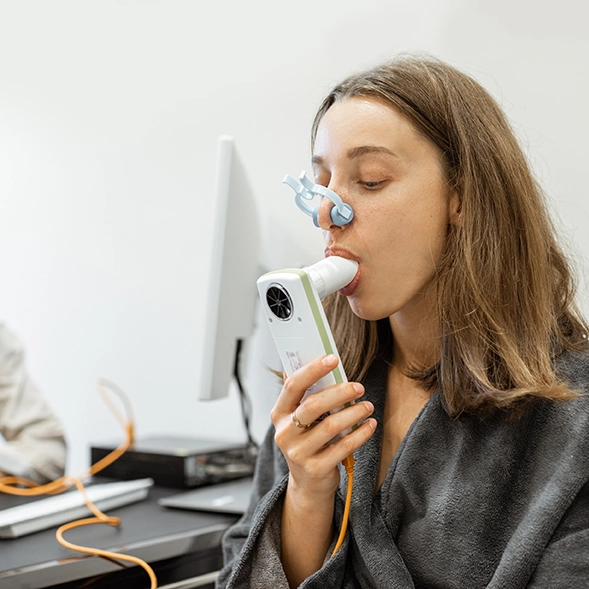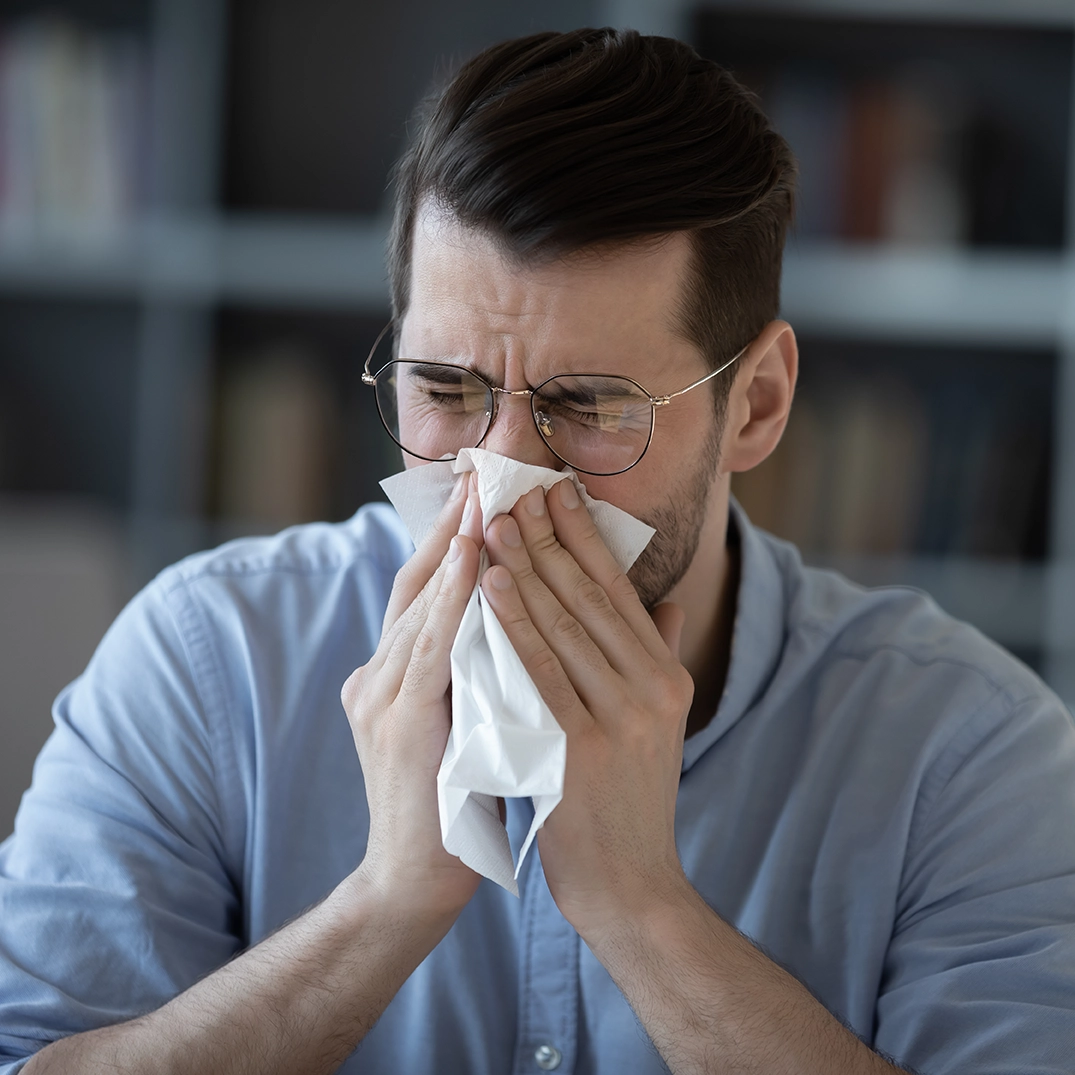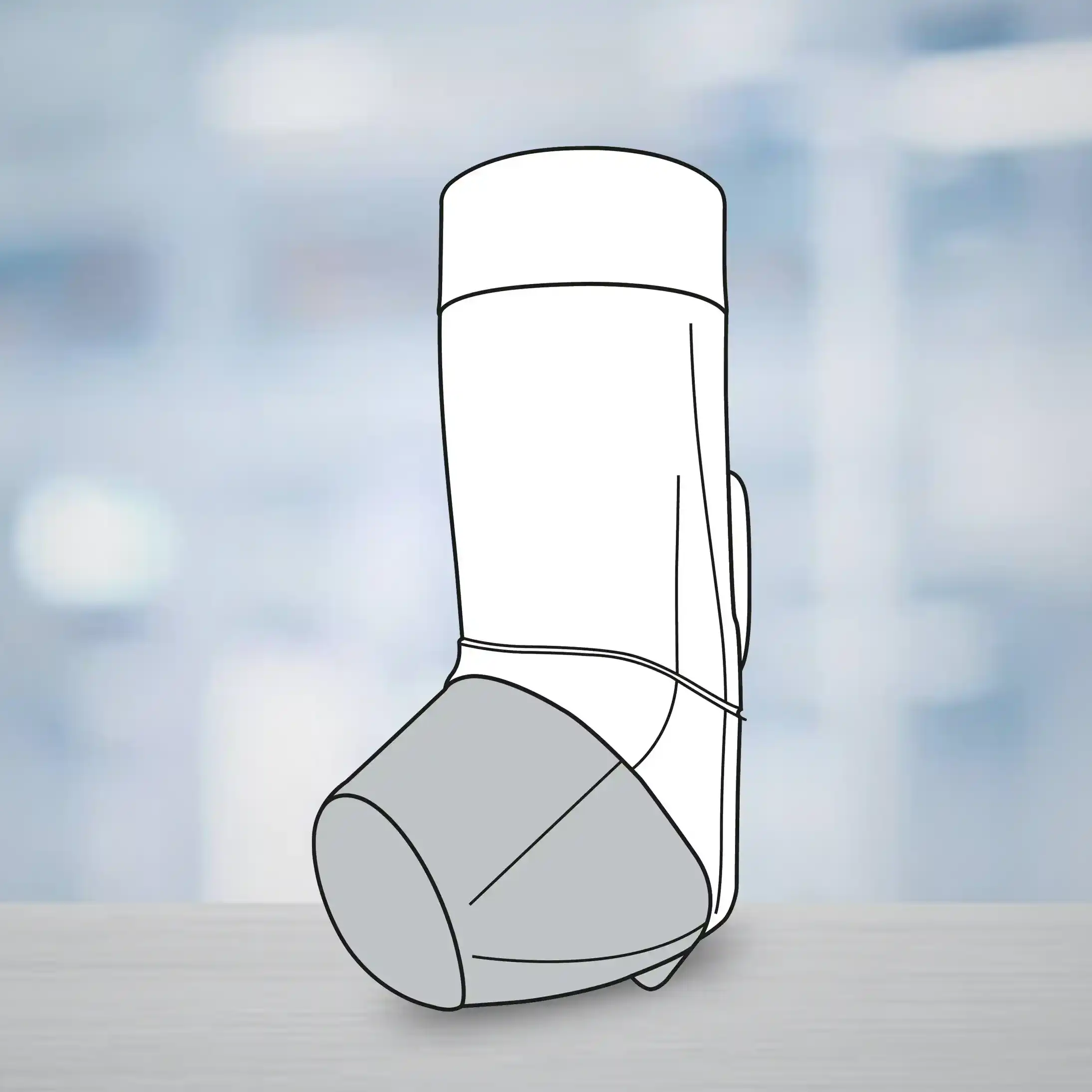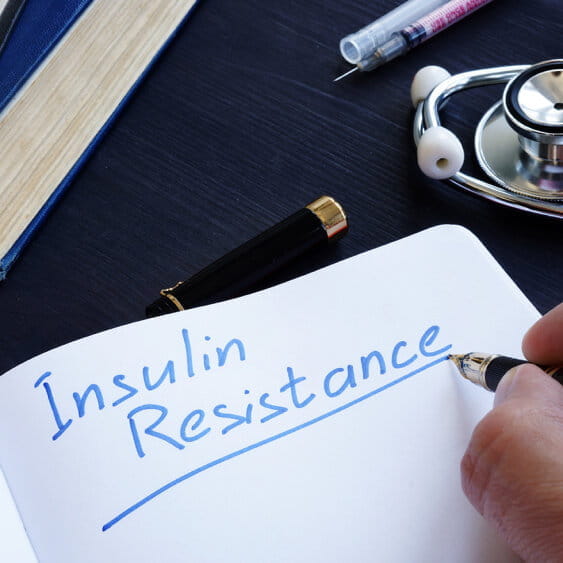Introduction
Combating Cancer not by Drugs Alone
Cancer is a disease caused by an uncontrolled division of abnormal cells in a part of the body. Sometimes, cells keep on growing without control, causing an abnormal growth called a tumor. A tumor can be benign (harmless), premalignant (if left untreated, may lead to cancer) or malignant (progressively worsens and can result in death).
Cancer remains one of the most frightening diseases in modern medicine, this fear of cancer results in incomplete knowledge & myths.
In spite of the advances in cancer treatment and prognosis, many continue to believe in the myths surrounding cancer. Some of the most common cancer myths not only cultivate false ideas and fears, but can also interfere with how people think and behave when facing cancer themselves or in a loved one. Cancer is a social stigma which people don't talk about freely leading to misconception, delayed diagnosis and treatment decreasing quality of life.
Importance of Solving Myths
Throughout the years there have been many cancer myths floating around. The question is: Is there any truth to these cancer myths?
Myth 1: Cell Phones Cause Cancer
There is no medical data available to consistently prove that using a cell phone has the ability to cause cancer.
Myth 2: If Ones Mom or Dad had Cancer, He or She Will Have It Too
While it is true that some cancers are genetic, this does not mean that one will develop cancer because of their heredity. Cancers such as breast cancer, ovarian cancer and colorectal cancer are a few of the cancers that can be passed down genetically. If a parent has these cancers, the cancer gene may be passed to their child. If a child inherits the gene, it only raises the likelihood of developing cancer.
Myth 3: Only Women Get Breast Cancer
No, this is by far the biggest cancer myth of all. Even men can get breast cancer. Male breast cancer is uncommon, yet it still occurs in 1% of men.
Myth 4: People with Cancer do not Live Long
Cancer can cause death but not always. It can be treated, depending on the type of cancer and how early the patient comes to the right doctor. Early detection leads to early screening and can be cured successfully. People with high risk should get screened regularly.
Myth 5: Only Older Women Get Breast Cancer
No, the risk of getting breast cancer does rise with age, but young women (birth- 39 years old) can get breast cancer (1 in 31). Between the ages of 40-59 the risk increases to 4% and between the age group of 60-79 the risk is 7%.
Myth 6: Having Kids and Breastfeeding is a Protection against Cancer
No, while it is true that having at least 2 pregnancies before a woman is 30 yrs. old and breastfeeding babies can lower the risk of getting breast cancer, it does not eliminate it entirely.
Myth 7: Cancer is Contagious and Infectious
No, cancer is not infectious and is not transferred from one person to another by contact, water or air.
Myth 8: Pain is the Earliest Symptom of Cancer
No, except in cancer involving bone or nerve tissue, pain usually is a late symptom and when it occurs, the growth is often far advanced.
Myth 9: Children Often do not Suffer from Cancer
No, there is no age that is exempted from cancer. In fact, certain cancers like those in the blood e.g. acute lymphocytic leukaemia (ALL) and in the eyes e.g. Retinoblastoma occur more often in children.
Myth 10: Overweight does not Cause Cancer
No, people with obesity tend to be unhealthier in a variety of categories, including cancer risk. Among obese women, there is an increased incidence of breast and uterine cancer.
Whilst cancer can be a difficult topic to address particularly in some cultures and settings, dealing with the disease openly can improve outcomes at an individual, community and policy level.
For more information, please consult a doctor.





